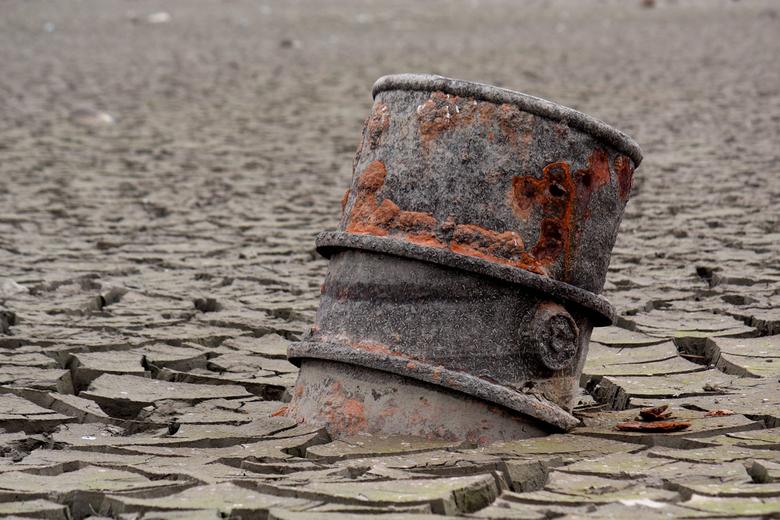
LOW PRICE BARREL

A fall in the price of Urals crude oil, the benchmark on which Russia bases its budget calculations, is adding to the government's problems at a time when western sanctions are already hurting the economy.
Urals, fell below $100 per barrel on Monday for the first time in 15 months and was trading just below $97 on Tuesday, extending a trend of falling oil prices that reflects abundant supply on global markets.
Russia relies on oil and gas for around two-thirds of exports and half of federal budget revenues. Over the course of a year, each $1 fall in the oil price wipes around $1.4 billion off federal tax revenues.
The oil sector, along with finance and defence, is also among the targets of western sanctions against Russia over its annexation of Crimea and what the United States and European Union say is its backing for separatist rebels in east Ukraine.
Analysts say the short-term pain from lower oil prices should be limited, given the way Russia's budget has been calculated, but strains will grow more severe if they fall further in the years ahead.
"The first thing to remember is that the oil price projected by the Finance Ministry is ... $104 average for the year - that still looks conservative," said Vladimir Kolychev, chief economist at VTB Capital. "Even if the oil price falls to $90 we'll still have $105 average."
He estimates that the budget presently balances at around $103 per barrel - slightly more pessimistic than the Finance Ministry, which projects a 0.4 percent budget surplus given its $104 per barrel average oil price forecast for the year.
Russia's budget arithmetic is also helped by a steep fall in the rouble, which has led the Finance Ministry to slash its deficit forecasts for this year and next.
"The lower dollar oil price is to some extent mitigated by the weaker rouble - that's an important point," said Neil Shearing, chief emerging markets economist at Capital Economics in London.
FISCAL RULES
The short-term economic pain is also limited because, under fiscal rules adopted two years ago, budget calculations are based on the average long-term oil price, insulating spending decisions from short-term market changes.
Today's price remains comfortably above $93 per barrel, the "base" price used in the budget to cap government expenditures. When the oil price is above this level, additional revenues are earmarked for the government's rainy-day Reserve Fund.
"For this year there is no pressure on the Finance Ministry because in the budget projections they still have about 300 billion roubles ($8.3 billion) to be transferred to the Reserve Fund. They can simply not transfer that," said Kolychev.
The Reserve Fund, presently worth $87 billion or around 3 percent of GDP, is invested abroad in low-risk bonds of western governments.
It is just one part of the $470 billion that Russia has invested abroad in gold and forex reserves - a sizeable buffer available to protect the economy from short-term shocks.
Nevertheless, analysts warn, lower oil prices are a long-term concern for Russia as the fiscal reserves remain relatively small, leaving the country vulnerable to possibly steeper falls in the oil price in future.
Russia ultimately aims to increase the Reserve Fund to 7 percent of gross domestic product - a goal which won't be achieved until 2019 on the government's projections.
The International Monetary Fund warned last year that until the 7 percent target is reached, fiscal reserves will be "too low to adequately insulate against a large drop in oil prices".
Rebuilding the reserves is "hugely important", said Shearing from Capital Economics. "It doesn't take much of a fall in the oil price to start pushing up the deficit to 3-4 percent of GDP... Then 7 percent of GDP in terms of rainy-day savings doesn't last you very long."
He calculates that at an oil price of $85 per barrel, Russia would run a deficit of around 3 percent of GDP - enough to wipe out the whole of the Reserve Fund in a single year.
"It sounds like a lot of money, but it can go quite quickly if oil prices were to fall much further," he said, noting that new production technologies are adding to the risk. "It's perfectly possible given the shale oil revolution and the increase in global supply."
reuters.com





